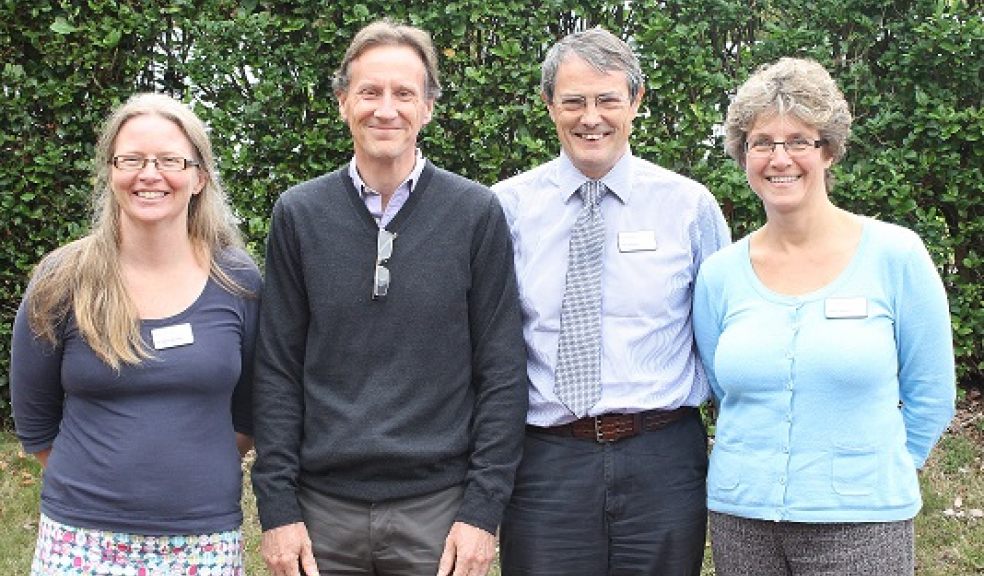
Call for more palliative care funding
Hospiscare provides palliative and end of life care for Exeter people but would like to do more if funding allowed.
The local charity was responding to a new report which says the UK's care system for dying patients with terminal illnesses is lacking and needs a major overhaul.
According to London School of Economics researchers, more than 100,000 people a year who would benefit from palliative care are not getting it.
Tim Harlow, Hospiscare consultant said: “Hospiscare’s recognises that there is much to be done and we would like to do more locally.
"It costs £5m to run Hospiscare, with £1.2m funded by the NHS and the remaining is funded by local community support.
"Local people, businesses and organisations give us fantastic support and we are so grateful. With even more support we could do even more.”
“Currently our community nurses visit patients during the day and at weekends and we have a 24 hour advice line, but we do not provide night time visits.
"We would like to see people who need it have 24 hour care in their own homes.
"It is important for people to recognise that hospices are only one part of the picture, looking after people who are dying is the responsibility of everyone.
“We would like to see palliative care given much greater priority nationally with long term planning and funding. Britain is an international leader in palliative care.”
Hospiscare employs a medical director and two other consultants, two specialists doctors and there are six Exeter community specialist nurses, not all full-time, who last year cared for 624 patients.
At any one time the Exeter community nursing team looks after 150 patients. All Hospiscare services are free.
The 12 bed ward at the Dryden Road hospice is staffed by 13 nurses over a 24 hour period. A total of 116 Exeter people visited Hospiscare’s day care centre, also based at the hospice.
The national report said most palliative care goes to cancer patients, even though the disease accounts for less than a third of deaths. Only a fifth of new referrals to specialist end-of-life services are for people with non-cancer diagnoses.
Tim said: “We recognise that cancer is one of the reasons that people need palliative care but we are involved in numerous other life limiting conditions.
"Our doors are open to anyone with life limiting conditions and we don’t just provide end of life care, we provide palliative care, helping people from their diagnosis to manage their condition.
"We help improve people’s quality of life, making the most of the precious time they have left.”




















